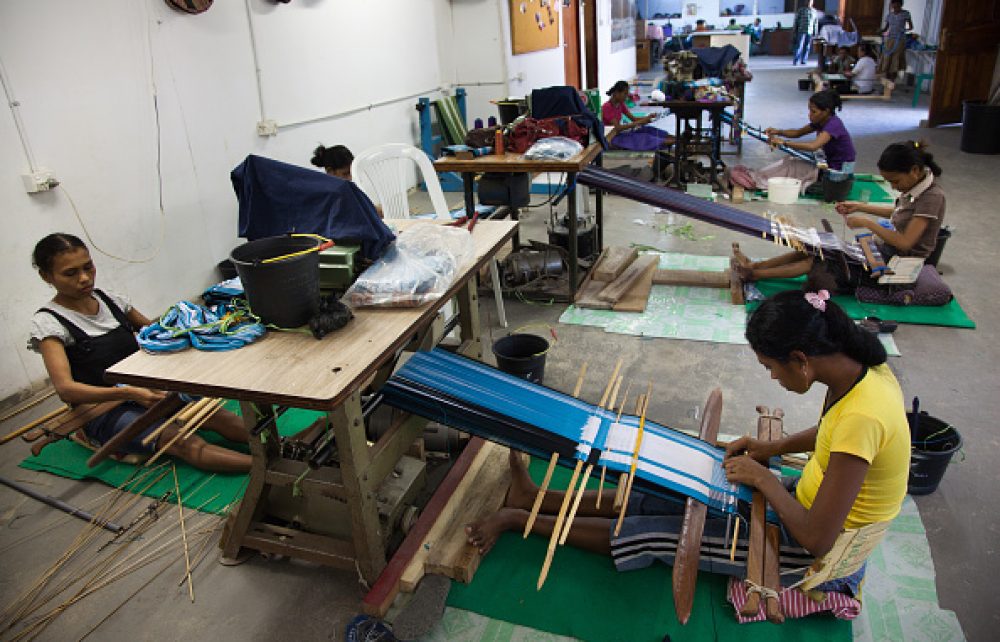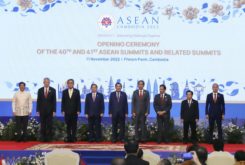Facing a slump in its economic engine – oil production – Timor-Leste is also in urgent need to diversify its economy and generate jobs for the country’s youth, and is betting on small and medium enterprises to assist.
According to data from the International Monetary Fund (IMF), the East Timorese economy fell by 8% in 2018, after a fall of 4.5% in 2017 and a near stagnation in the previous year.
Production in the oil sector declined 18.3 percent last year, after annual declines of more than 4% per year in 2016 and 2017, while the non-oil sector was stagnant.
This year, however, the IMF expects a return to growth, pointing to an expansion of 6.6%.
With the goal of stimulating economic activity, the Central Bank of Timor-Leste (BCTL) recently adopted the Credit Guarantee System (Sistema de Garantia de Credito, SGC) for Small and Medium Sized Enterprises (SMEs).
Already available, the SGC for SMEs is a public program through which the State shares credit risk with commercial banks, aiming to promote entrepreneurship and job creation, encourage the formalisation and growth of SMEs, facilitating access to credit in priority sectors, and contributing to the expansion of access to banking and financial services, according to legal database Legis-PALOP+TL.
The GSC is exclusively for term financing and may be used to finance working capital and/ or the acquisition of assets relevant to eligible activities, and the use of this instrument is not permitted to refinance credit or existing financing mechanisms.
As an individual borrower, an SME will have an aggregate financing limit of USD 150,000 or any other amount that the BCTL determines, both in respect of working capital and for the acquisition of assets.
Another rule is that the GSC’s guarantee coverage lasts for a maximum of five years, unless a moratorium is granted by prior written authorisation of the BCTL.
The maximum effective interest rate for the financing corresponds to the sum of the demand deposits rate and a margin of 7.5%, a non-refundable security fee of 0.5% will be charged in advance, and the participating lending financial institution may charge fees and/or commissions to the borrowing SME up to a maximum of 2.5% of the credit granted.
The BCTL may in the future establish specific requirements regarding the criteria applicable to a particular economic sector, by means of a “circular”, one of the types of regulations issued by BCTL.
Additionally, BCTL may also set another specific interest rate for a given priority economic sector or determine another amount of guarantee fee for each financing.
Companies wishing to finance through the GSC should, according to Legis-PALOP+TL, meet eligibility criteria and more relevant requirements, as of 10 April, including employing between 6 and 20 workers (Small companies) or employing between 21 and 50 workers (Medium enterprises).
Another factor is the eligible economic activities in the sectors of agriculture, animal production, hunting, forest, fishing and aquaculture, manufacturing, transport and storage or housing, catering and similar sectors, which are listed in detail in the legislation.
To be eligible, companies must also submit credit applications directly to the lending financial institution participating in the GSC program, and the business project proposal must demonstrate viability in the eligible economic sector.
The capacity to repay the loan, as shown by plausible cash flow forecasts, is also considered a criteria, as is not to have outstanding or past due credits, according to the central bank’s credit registry database.
Other factors include not having tax obligations regularised, according to the certificate of the most recent debt.
For financial institutions wishing to participate in the GSC program, it is considered mandatory that they ensure that the beneficiaries of the GSC instrument are SMEs that meet the legally established criteria.
Financial institutions must submit their applications in writing to the BCTL, as well as copies of their internal policies, procedures or internal manuals on credit management and evaluation, which will determine the limit of the guarantee of the instrument to be covered by the guarantee system;
After the credit approval, these institutions must send an application to the BCTL for access to the guarantee system, with the BCTL having a deadline of 5 working days to issue a decision on the application for coverage.




